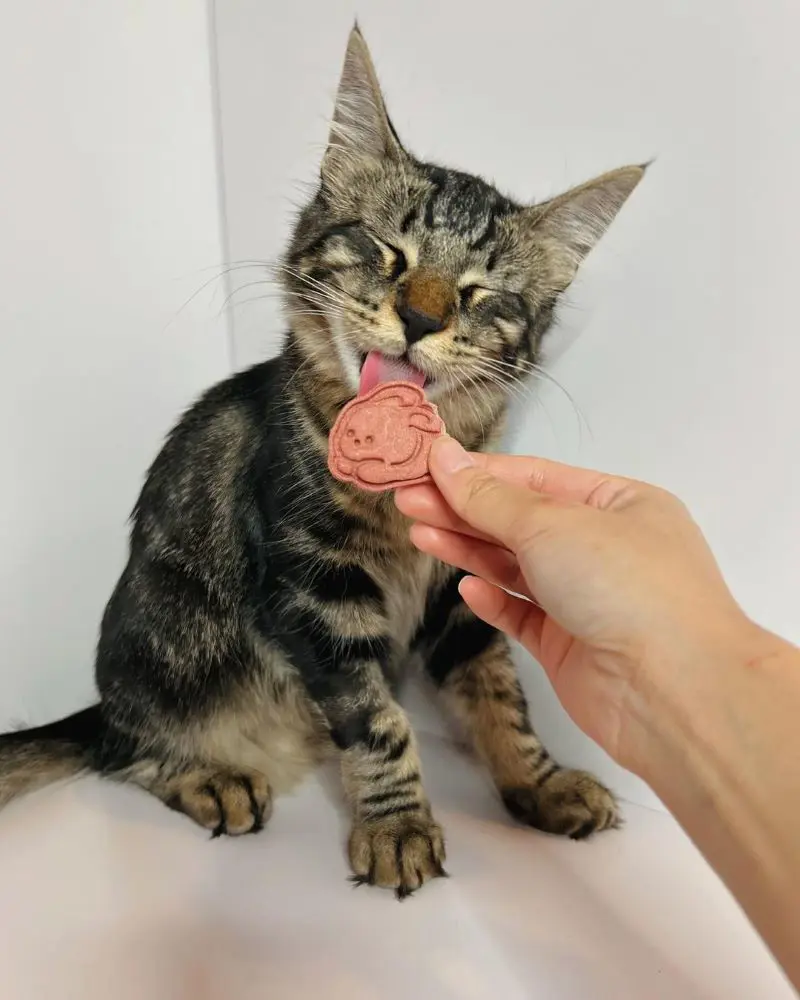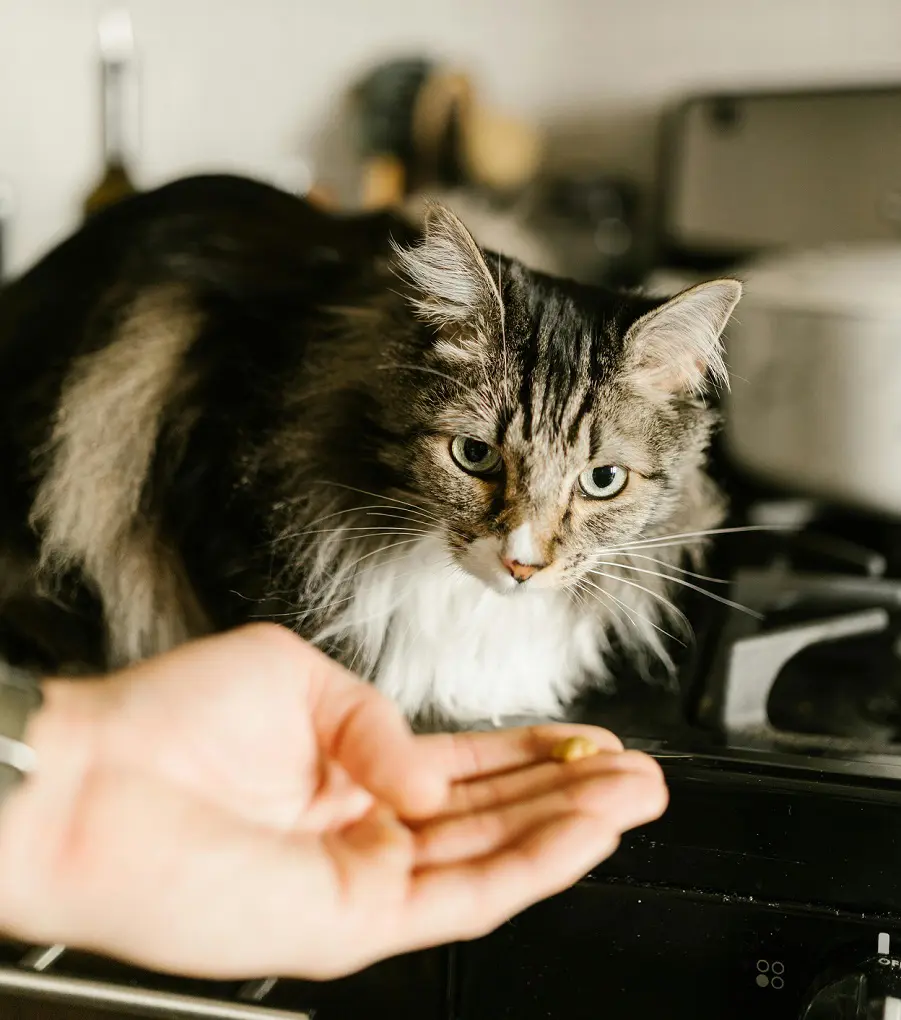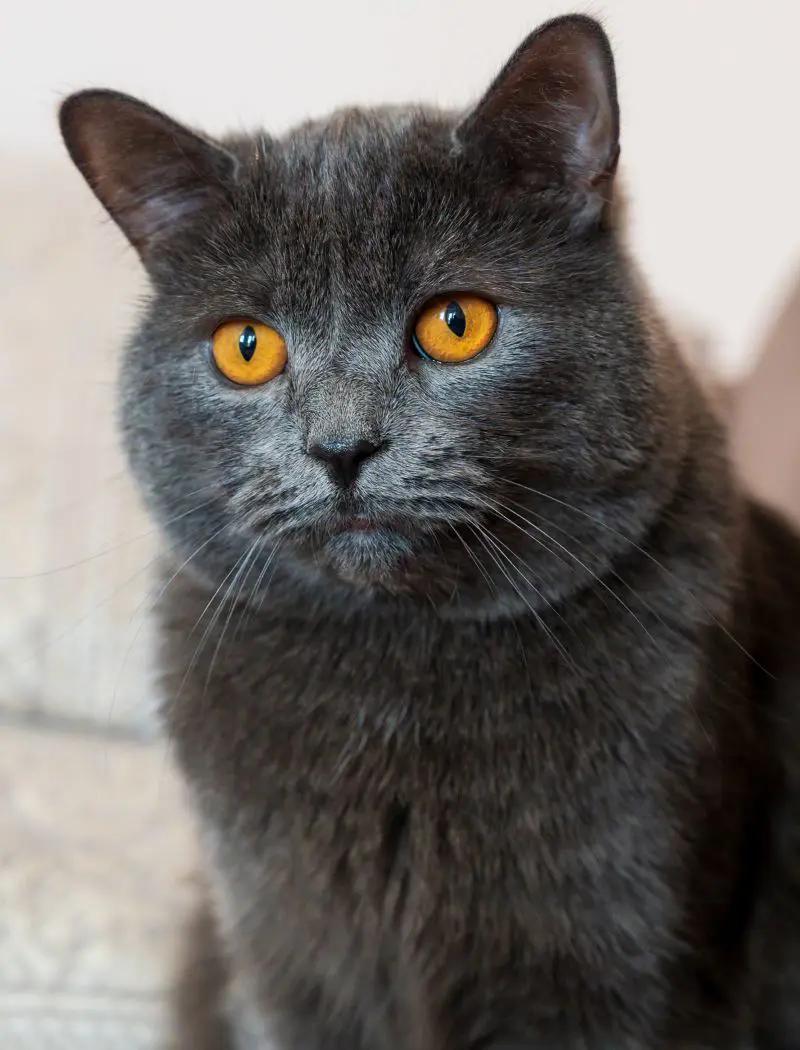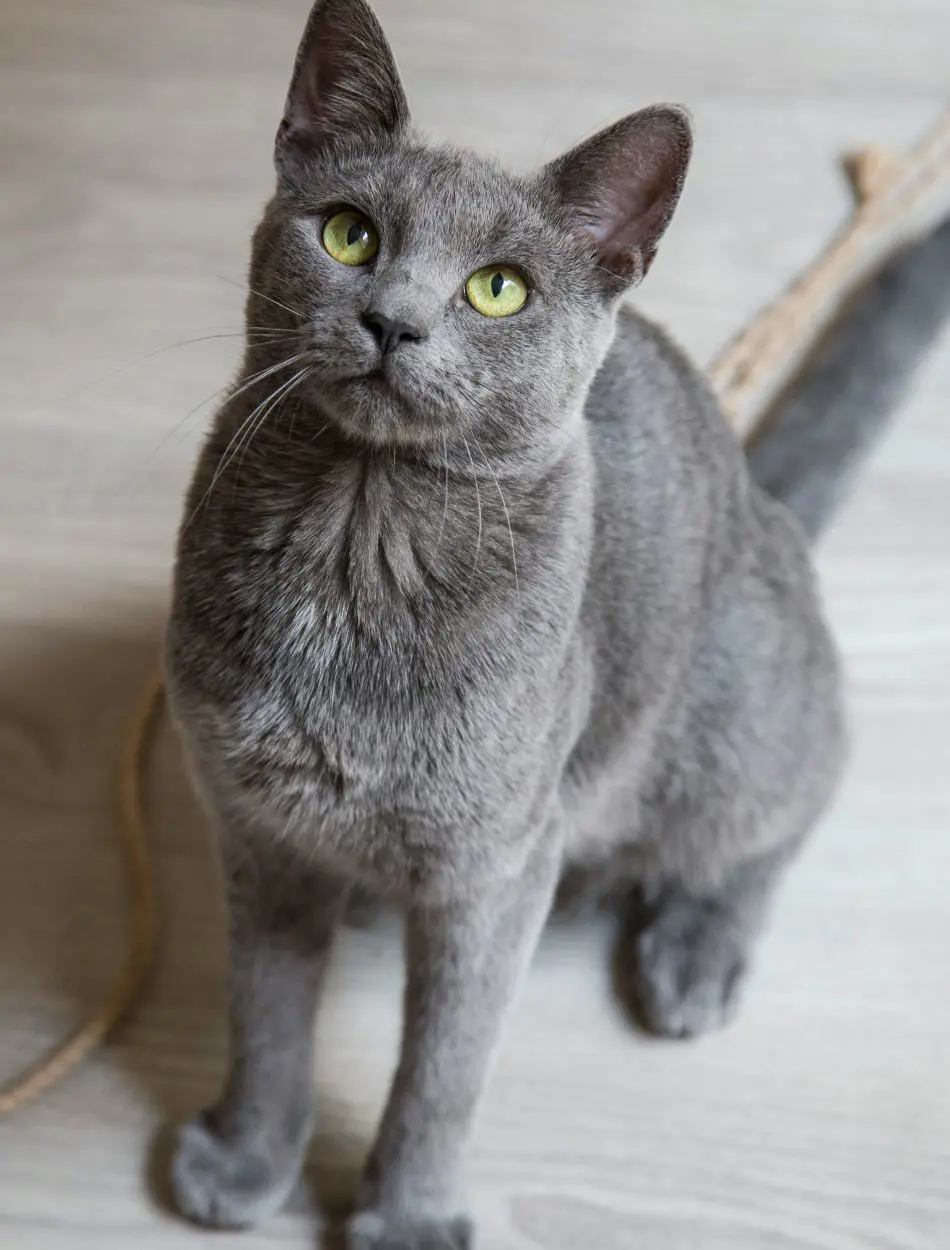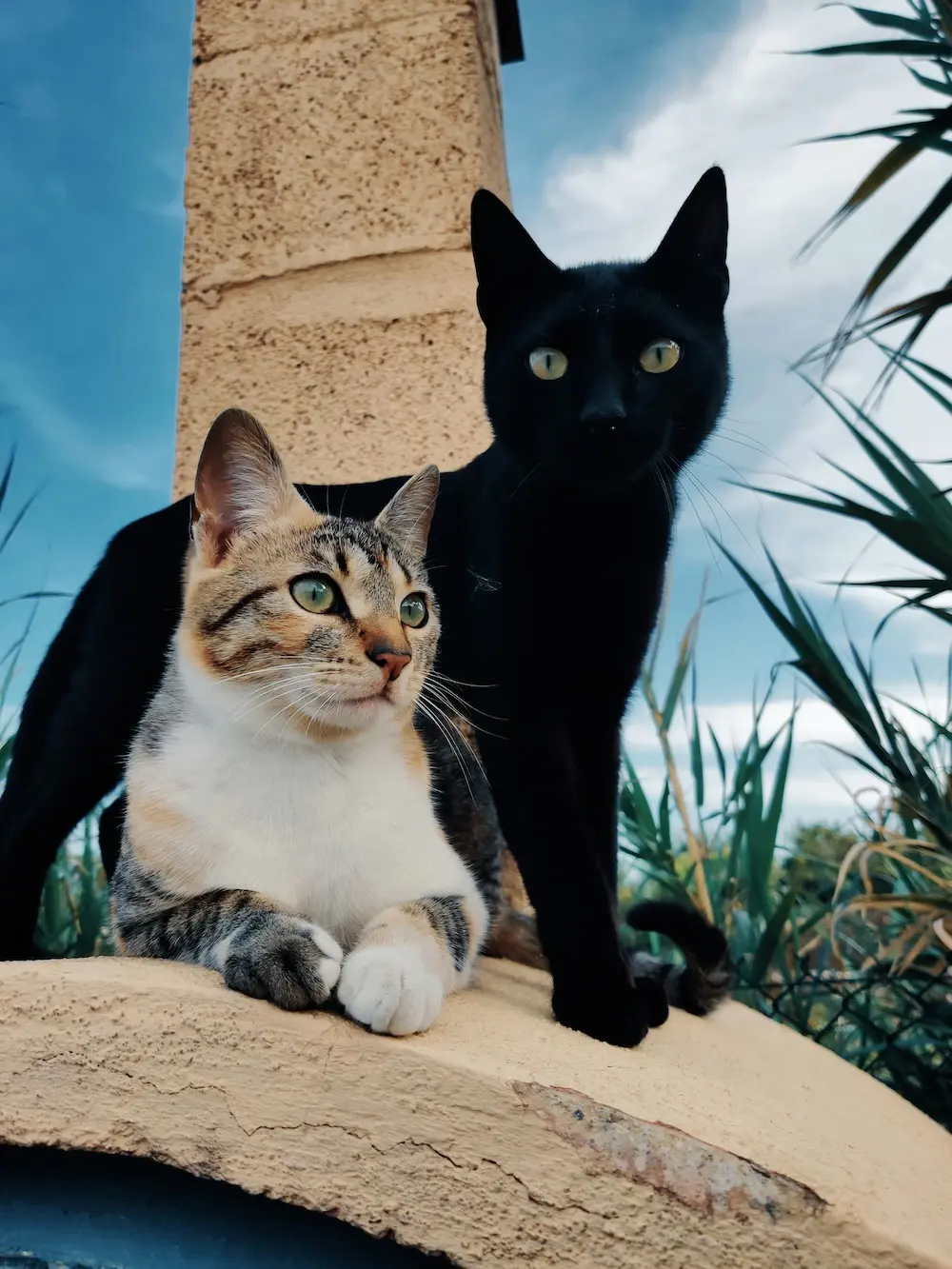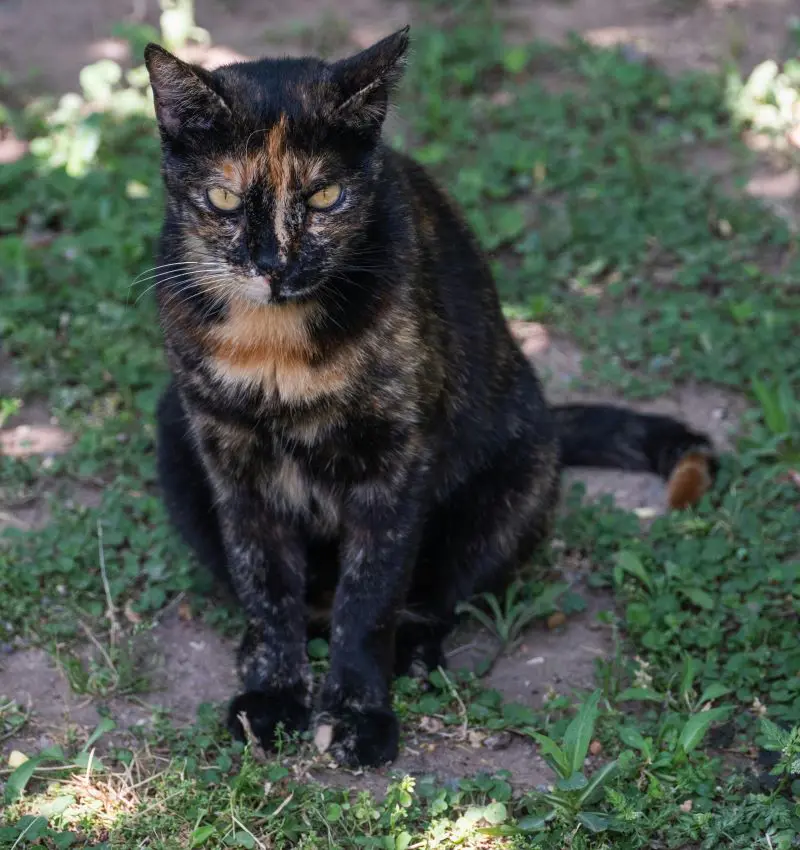Why Is My Cat Throwing Up? 16 Common Reasons
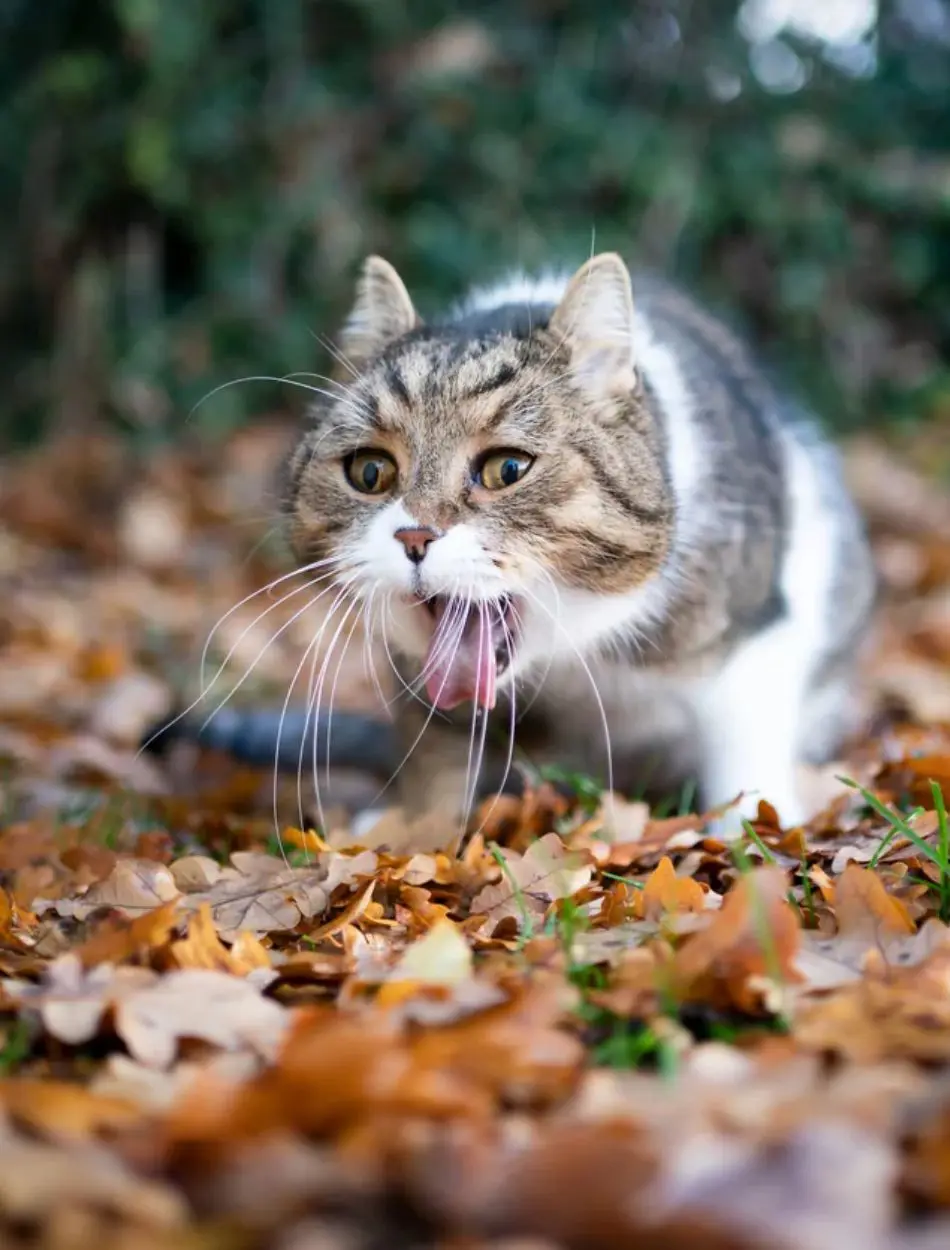
Your cat doesn't always give you a clue why their tummy is troubling them so much that it is hurling hairballs or something more serious.
Why does your cat vomit? From simple dietary indiscretions to a myriad of other common and complex conditions, the list goes from routine to deadly. You may be able to determine why your cat is vomiting, by observing its pattern and general health, thus having your pet receive the needed attention to guarantee health and happiness.
Let's consider a few causes and some likely solutions that might be possible.
1. Hairballs
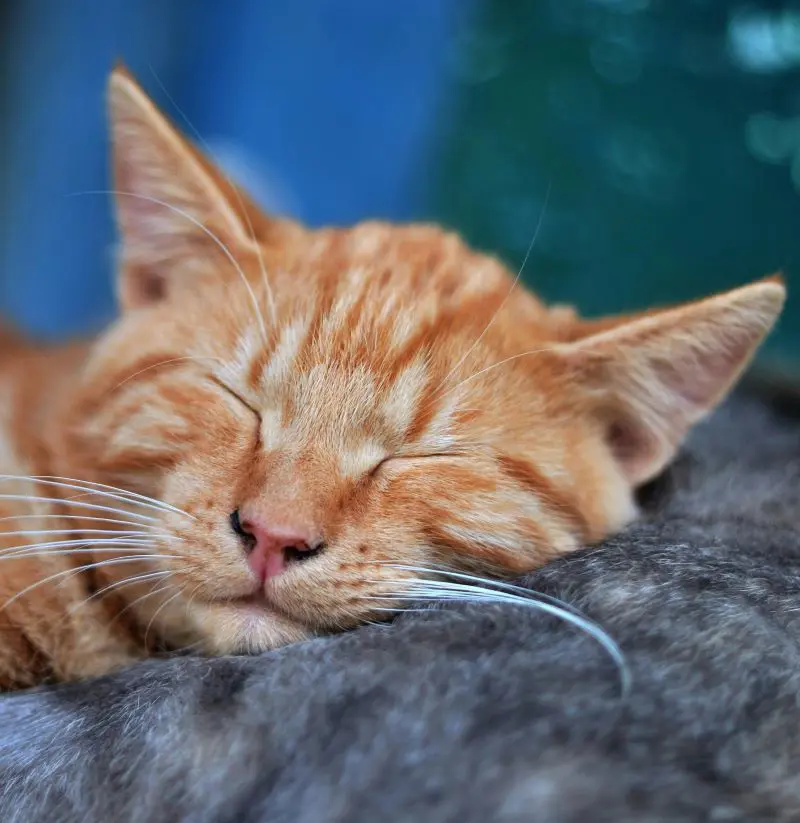
They usually swallow some of the loose hair during self-grooming, which then accumulates inside their stomach, hence forming hairballs. These loose hairballs that gather in their stomach may cause a type of irritation and trigger vomiting.
They generally pass the cat's tract of digestion, but more than one hairball creates obstruction which leads to another gastrointestinal problem and thus forces them to vomit. This is why you find your cat coughing, retching, then bringing up a hairball.
2. Dietary Indiscretion
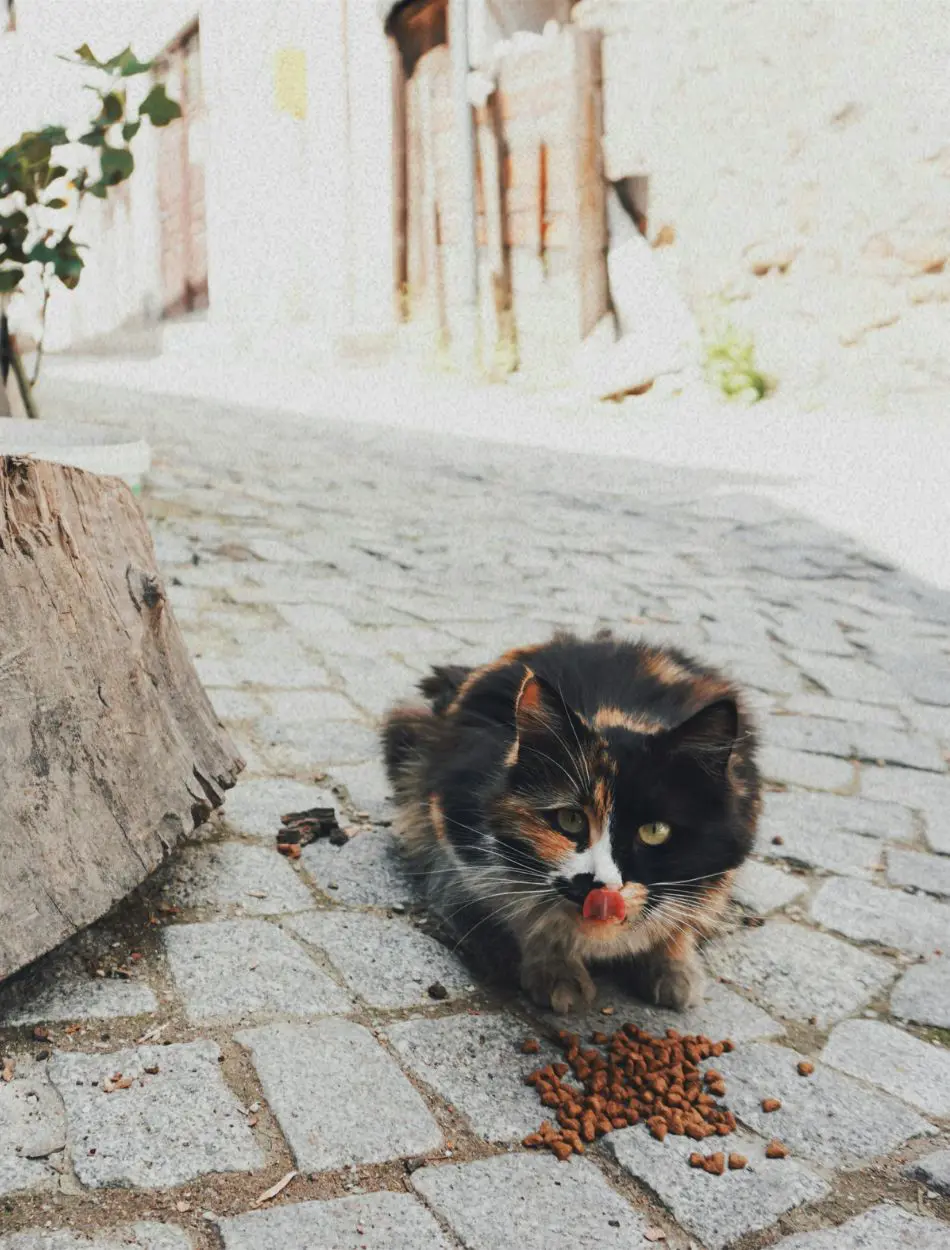
With time, cats have been those curious creatures where sometimes their curiosity gets the better of them in ingesting what they should not. Gastrointestinal upset leading to vomiting may result from a sudden change in diet, ingestion of foreign materials, toxic plants, or food that has gone bad.
Dietary indiscretion simply means when your pet has ingested something appropriate for them and is one of the most frequent causes of vomiting in cats and dogs.
That means toxic stuff is kept out of the reach of your cat, and the introduction of new foods is given very slowly to make dietary indiscretion minimal, so their stomachs aren't upset by surprise. This probably provokes vomiting to try and rid itself of the thief in question.
3. Food Allergies
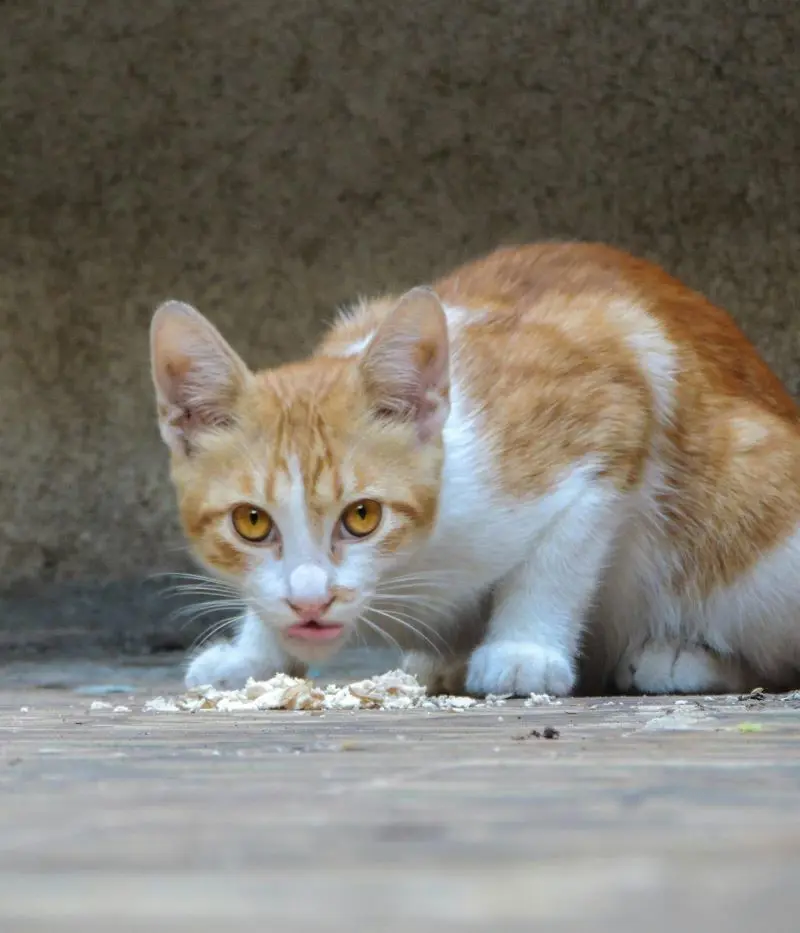
Allergies, just like in humans, may also be developed against certain types of food in cats. Vomiting after intake of any food may pinpoint the food allergy, further leading to vomiting.
Common allergenic foods such as dairy products, beef, fish, and grains sometimes stimulate inflammatory responses in the body, which may cause nausea and vomiting.
Skin itching, rashes, hair loss, and frequent air infections are other common symptoms of food allergies in cats. Most houseplants and other toxic substances will make a cat vomit if they have ingested something their body identifies as harmful.
4. Intestinal Parasites
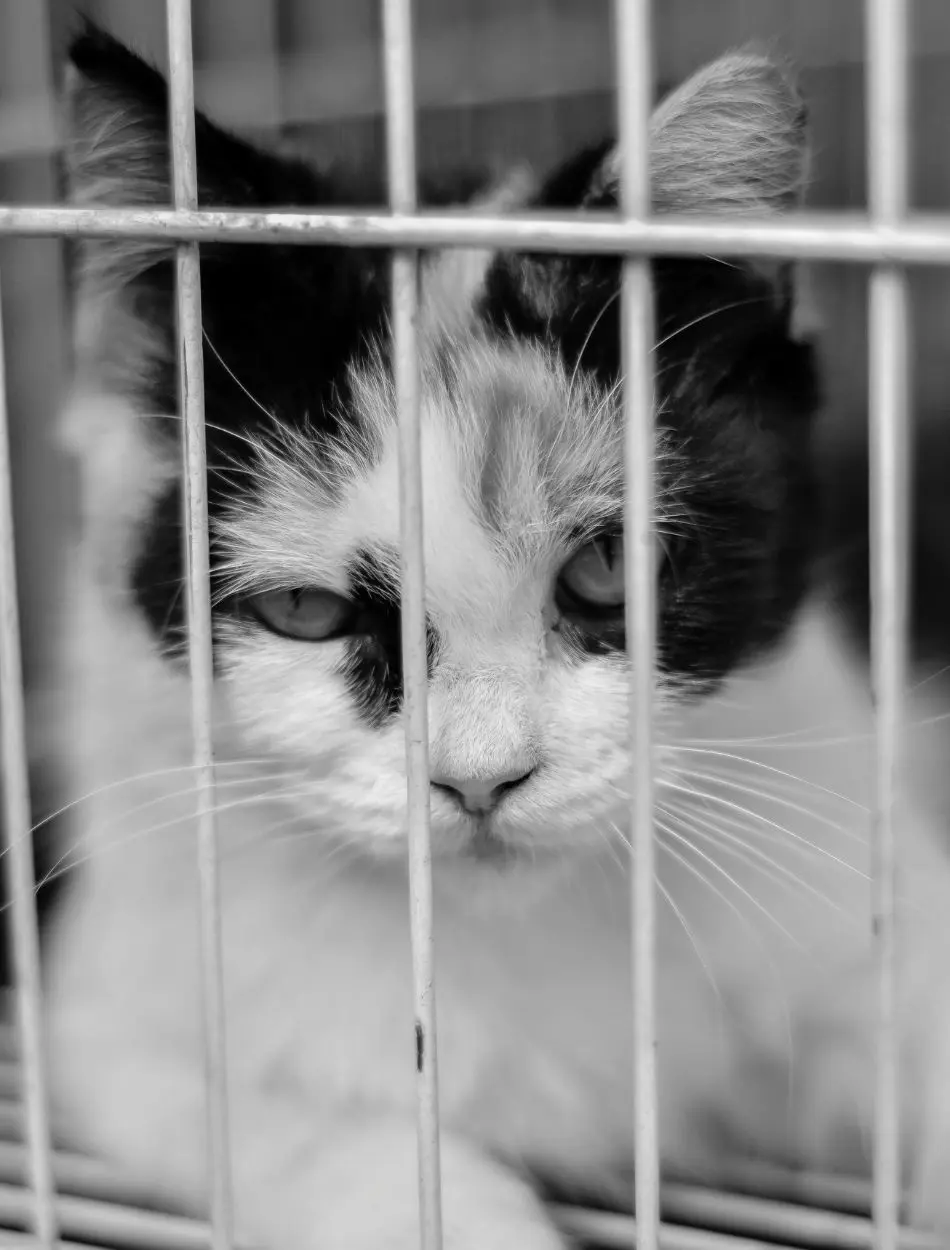
Intestinal parasites inhabiting the body of cats could be another reason for vomiting clear liquid in cats. These unwanted guests in the intestines, like roundworms, hookworms, and tapeworms, can be an expensive bargain on their health and may irritate the lining of the intestines, inflammation, and discomfort.
Such irritation calls for the vomiting reflex as a method to get rid of the invaders. These are worms that invade your cat's intestines and create problems, including vomiting. Other symptoms include diarrhea and even weight loss.
Regular deworming or preventative treatments keep parasites away from your cat. They are internal squatters that steal vital nutrients away from food, hence weakening their digestive system and further contributing to nausea and vomiting.
5. Gastrointestinal Obstruction
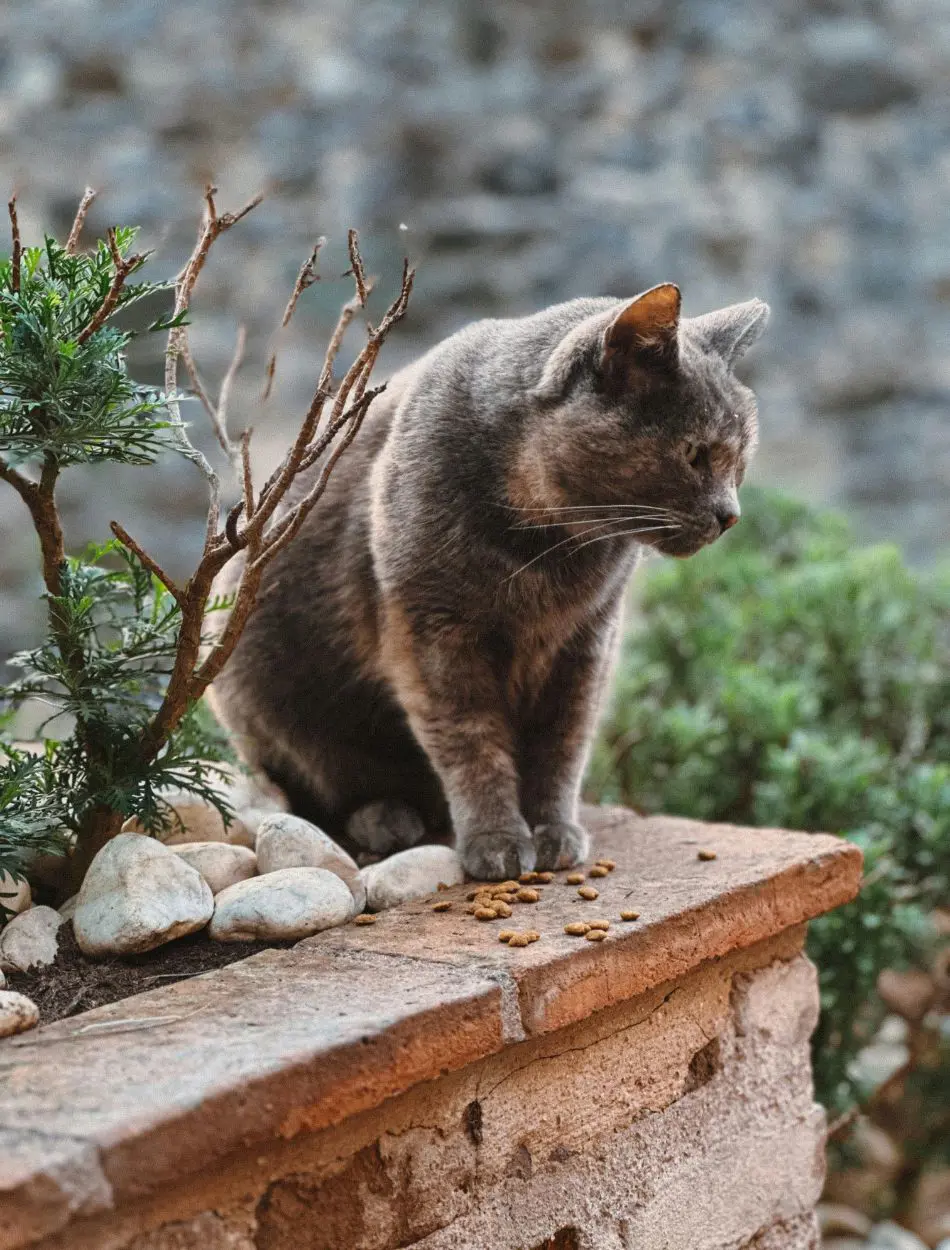
Gastrointestinal obstruction refers to a blockage that prevents the normal passage of food and waste through the digestive tract of a cat. Innumerable types of obstruction are possible, most frequently because of hairballs, foreign objects, intussusception, and tumors, and sometimes dangerous.
This can trigger heavy vomiting, abdominal pain, and even anorexia in cats. It requires immediate removal of the obstruction by a veterinarian to reinstate the normal passage of food through the gastrointestinal tract.
The obstruction disrupts the normal passage of food, allowing for a backup in which the body expels that material, precipitating a vomiting reflex.
6. Feeding Behaviors
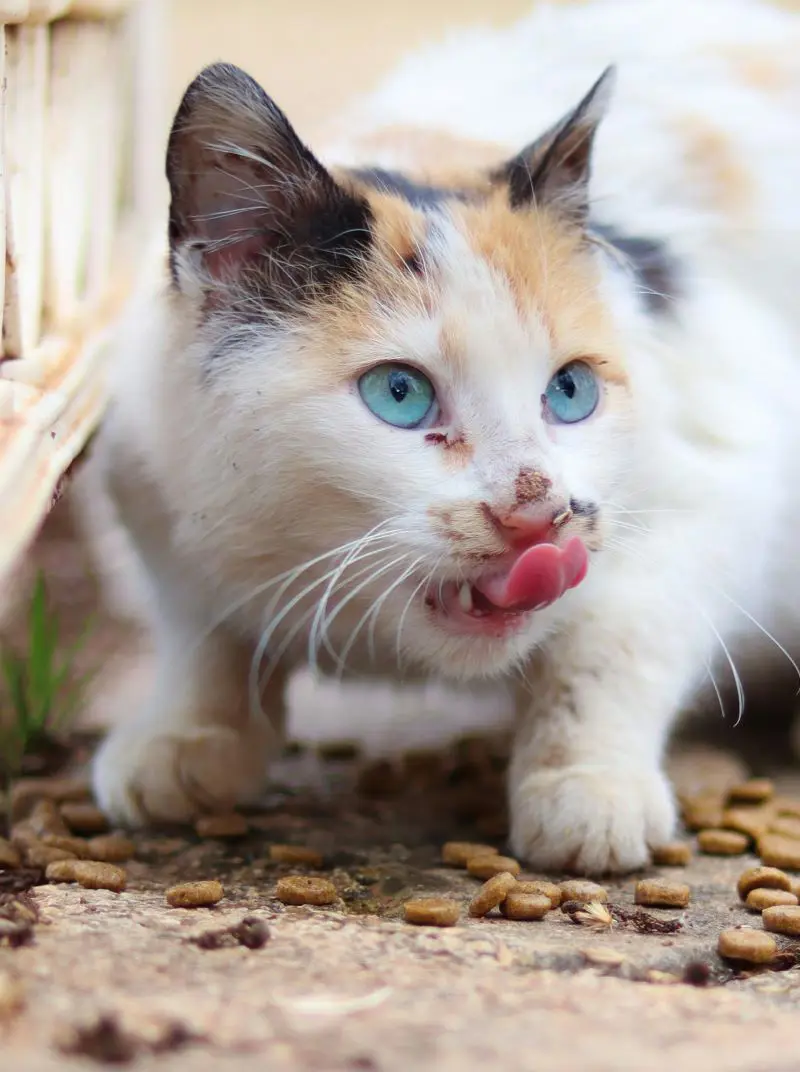
The speed at which your cat is eating, together with the amount of food intake, may be some reasons for vomiting. It occurs immediately after or sometime after meals resulting from overfeeding behavior.
Many domesticated cats would indulge in eating more food, and some of them eat their food too quickly. Due to their fast-gulping speed, they gulp down a lot of air along with food.
Trapped air in the stomach needs to get out, and with that comes vomiting. They are at times curiosity-driven creatures that nibble on human food or other non-edible stuff that irritates their stomachs and causes them to vomit.
7. Stress or Anxiety
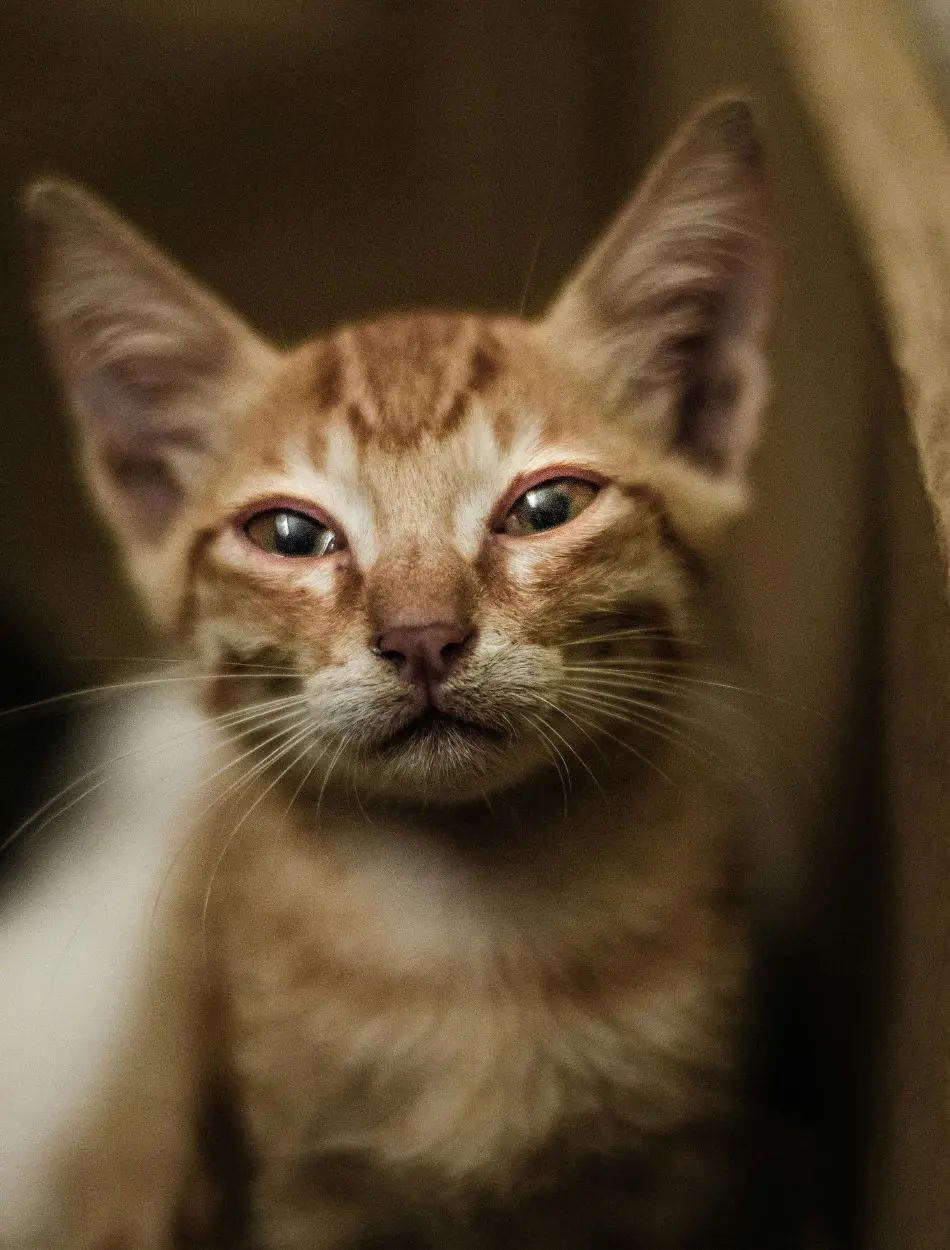
Stress and anxiety are common triggers in cats that vomit, and understanding the connection can help in many ways to keep your cat happy and healthy.
Like humans, they have something called a gut-brain axis, which is highly related. When cats become stressed or develop anxiety, the nervous system releases hormones, which include adrenaline and cortisol.
These, in turn, act directly on the digestive system and may cause nausea, vomiting, and diarrhea. More so, the stress will interfere with normal muscular contractions and digestion processes in the gut, which may result in undigested food for longer periods and irritation.
8. Temperature Extremes
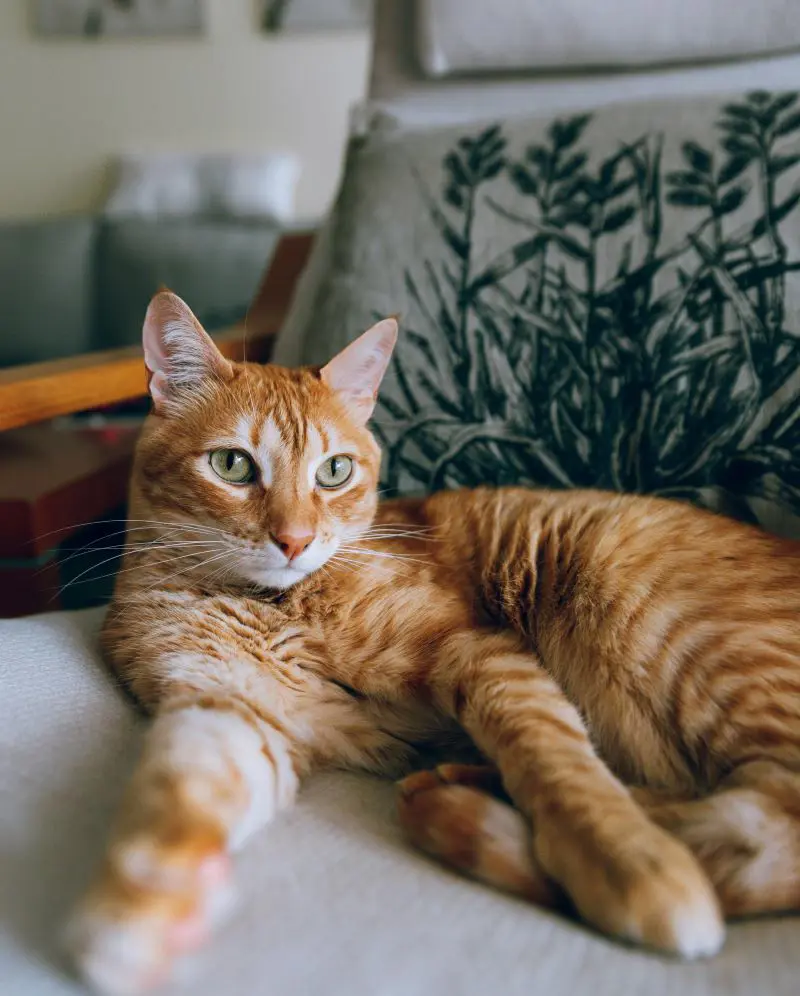
This is the prime issue in hot seasons. Cats do not usually sweat properly, and at extremely high temperatures, the body mechanism of cats cannot bear the internal heat regulation.
Dehydration led by extra heat can anger the lining of the cat’s stomach and, hence, may provoke nausea and vomiting. In severe cases, even your internal organs such as your stomach and intestines may get burned up because of heatstroke and, hence, show symptoms by way of vomiting.
Keep the ambient temperature cooler with the aid of fans and air conditioning inside your house so that immediate availability of fresh cool water is available in various spots.
9. Eating Spoiled Foods
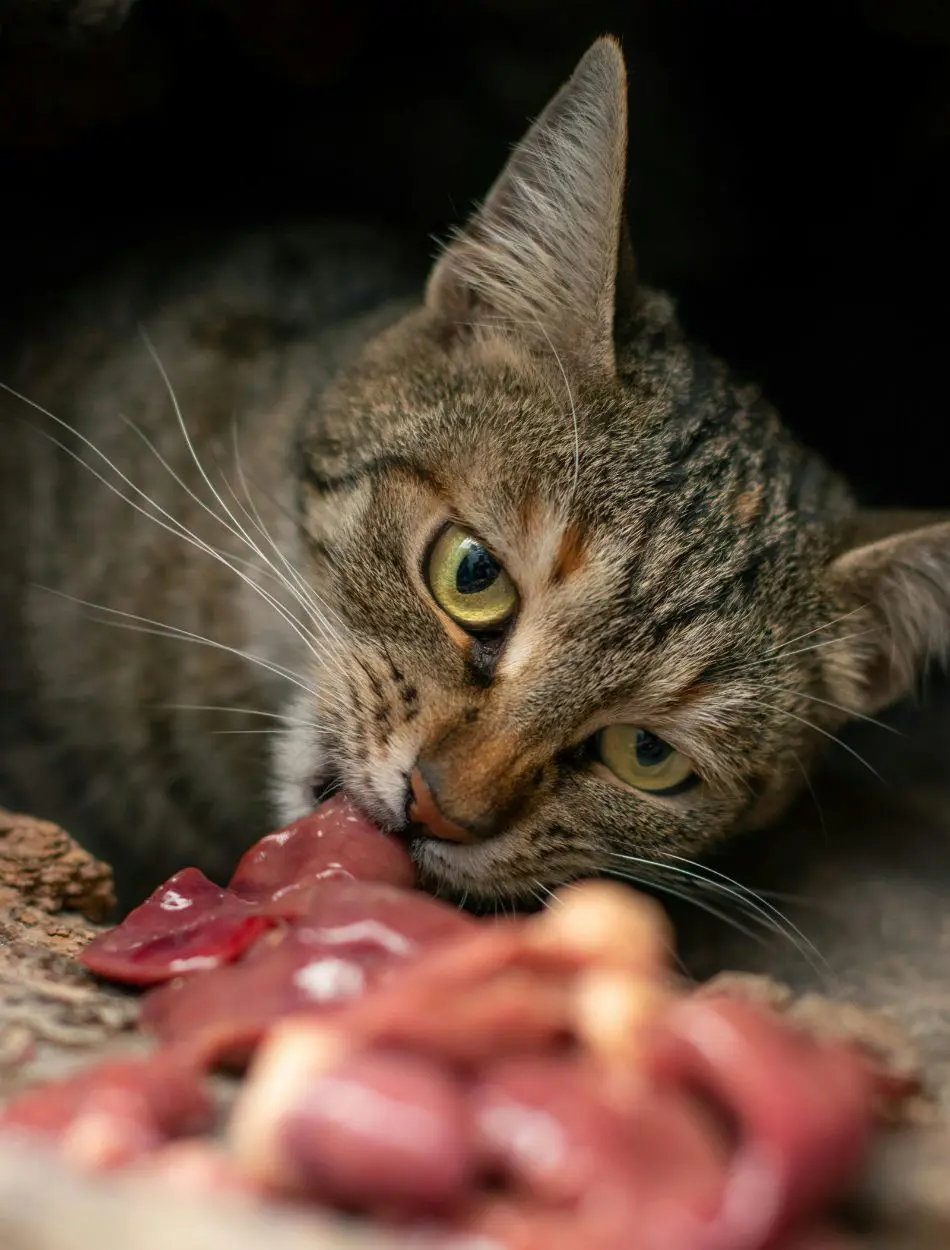
Spoiled foods can cause vomiting in cats due to a double whammy of bacteria growth and the production of toxins. In spoiled food, after a certain period, the amount of bacteria increases exponentially.
These bacteria tend to upset the gentle lining within your cat's intestines and stomach, therefore causing discomfort. This irritation then results in a heaving response-the body simply is getting rid of whatever's bugging it.
Also, some bacteria produce toxins during their growth. They can be more severe and cause huge digestive upsets and vomiting. Based on the bacteria ingested, it would be accompanied by diarrhea lethargy, and loss of appetite.
10. Over exertion
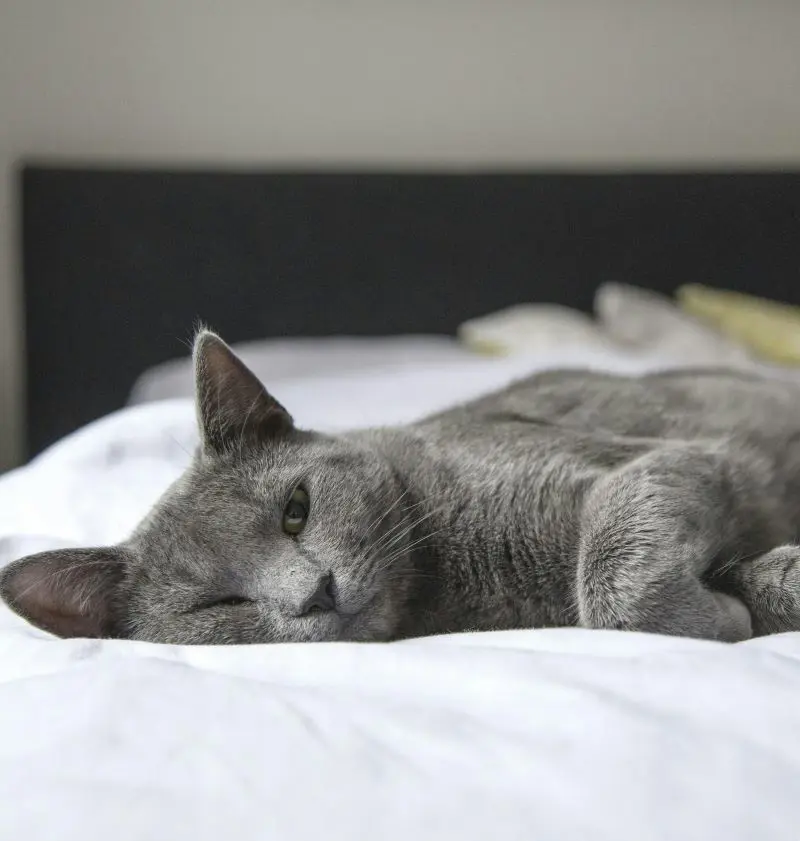
Feline overexertion means over-exercising beyond the normal physical limitations of the cat, hence putting stress on their physical body or their exhaustion. Blood flow during heavy exercise is diverted away from the digestive system to the muscles and may cause temporary digestive upset.
It also raises a cat's body temperature and fluid needs. If the cat does not drink enough water during and after intense exertions, dehydration can lead to vomiting. Overexertion can irritate the digestive tract, too, and it can react to this by initiating a vomiting response to get rid of these hairballs.
11. Overeating
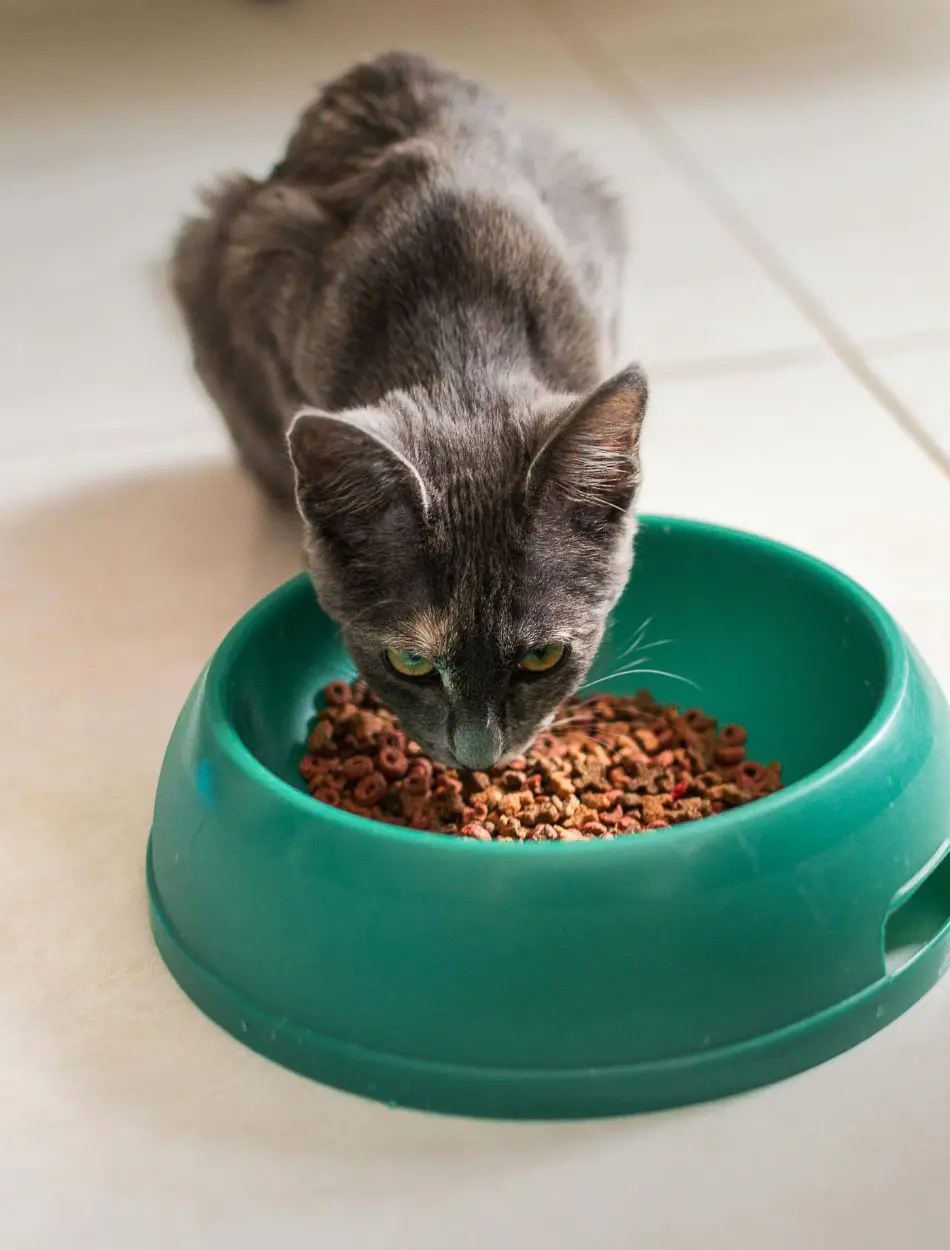
Overeating for several reasons ranks as one of the many varied reasons your cat vomits. First, the size of their stomachs is comparatively small to the size of their bodies. Whenever they overindulge at mealtime, the stomach gets filled and stretched beyond limits comfortably tolerated.
This, in turn, results in irritation of the inner lining of the stomach, inducing it to account for its excessive loading through vomiting.
Their system takes time to digest the food properly and when a large amount of intake comes in, the process is disrupted, which results in indigestion and vomiting is their body's way of discharging foods that were not digested.
When overeating happens in a very short period, cats will also swallow a large amount of air together with their food.
12. Ingesting Grass
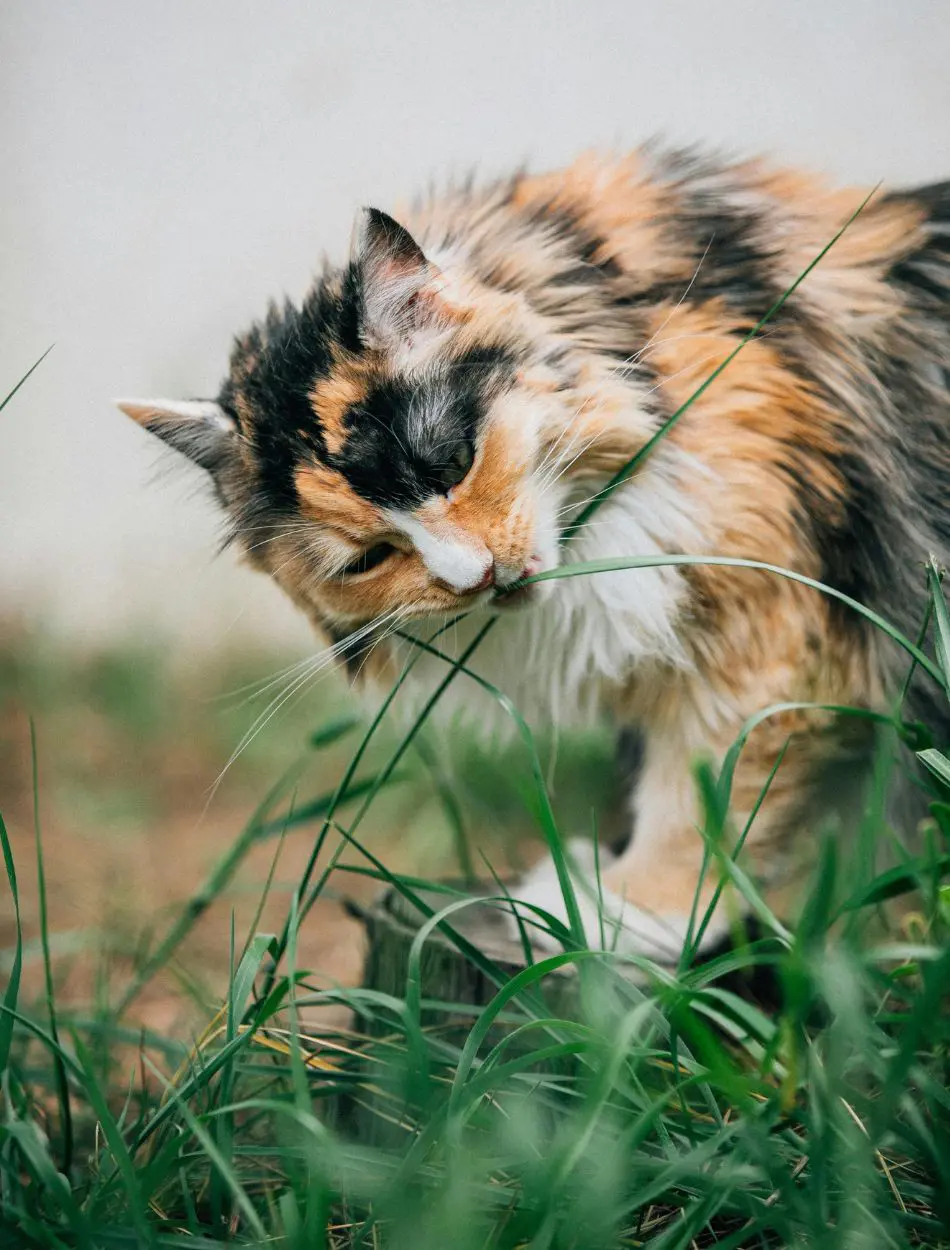
Grass eating is an age-old, natural behavior both in domesticated and wild cats, yet considered somewhat puzzling, at least to say. Cats, despite being obligated carnivores at one time or another, eat grass for one reason or another.
While rare consumption of grass is mostly nothing to worry about, as it can even be healthy, repetitive consumption may be an indicator of something wrong with your cat's health or diet. It is also crucial that the grass does not contain pesticides or other poisonous chemicals.
In case any strange behavior or any other symptoms are observed after the consumption of grass by the cat, it will be better to consult a veterinarian to rule out health-related issues.
13. Motion Sickness
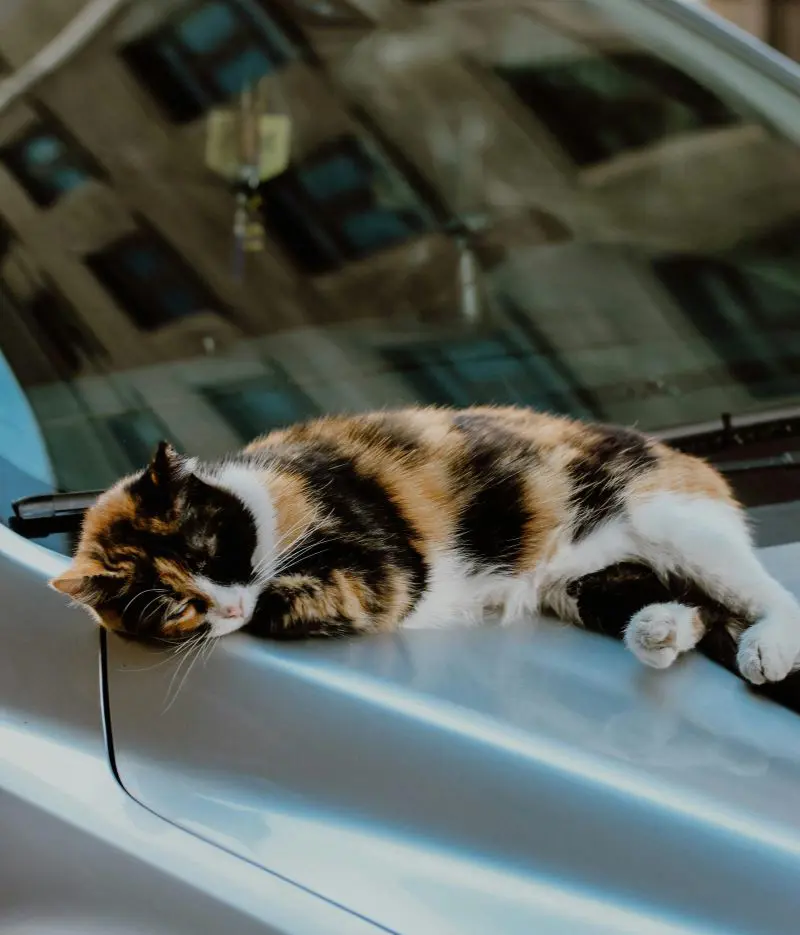
Motion sickness refers to the general, unpleasant feeling cats experience, stemming from a conflict between the sensory input in the inner ear and the visual input, causing an imbalance. It does this using fluid-filled canals, relaying brain messages regarding movement.
This also results in signs of nausea and vomiting in response to perceived poisoning of the body. Because they are more sensitive to jerks and novel movements, irritation has increased.
14. Eating Too Fast
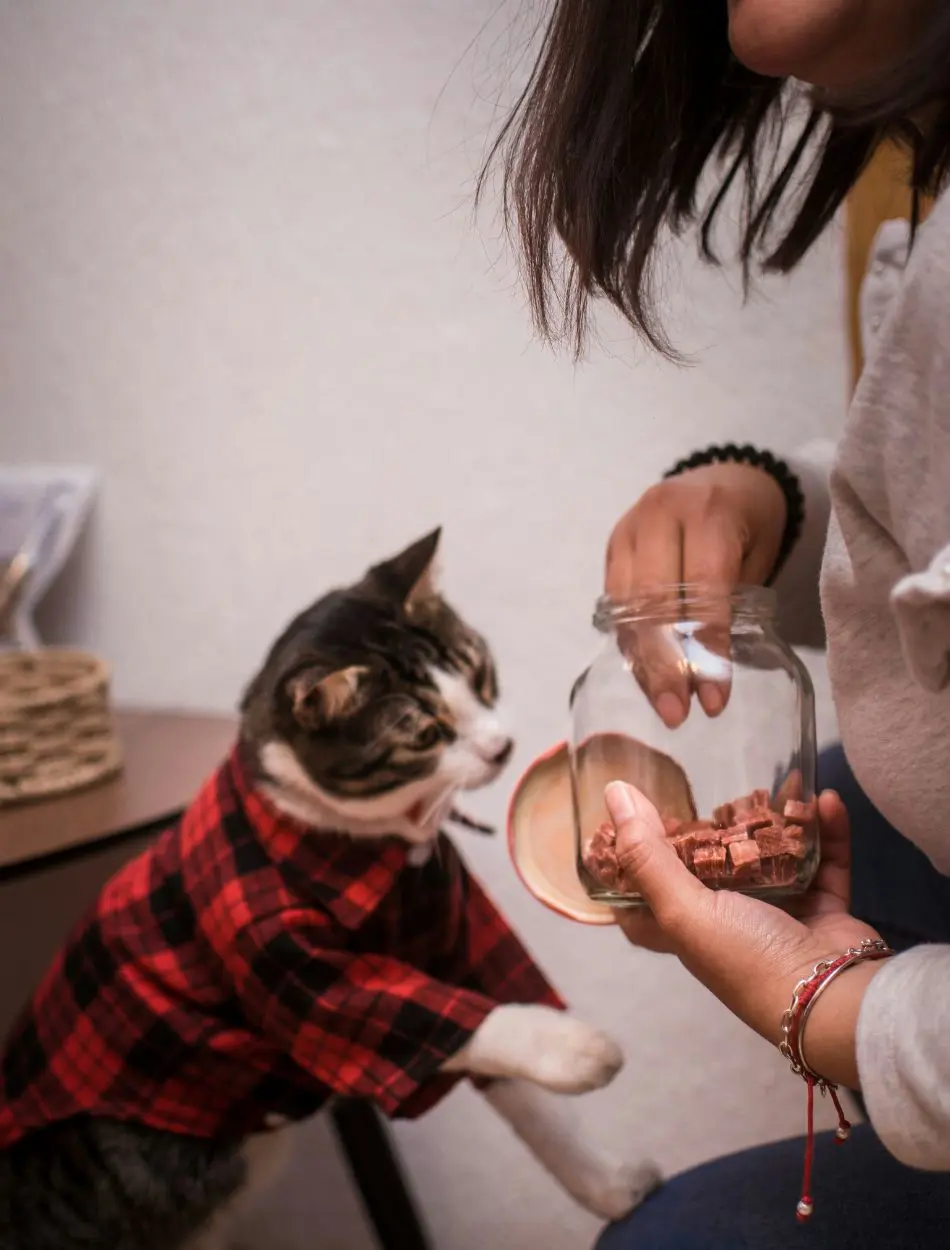
Cats vomit after eating hastily for a few reasons, all of which are associated with the way the internal digestive system works. When they have food quickly, the cats take trapped air from the stomach down their mouths, which builds pressure inside the stomach.
Following the course of their natural response, they expel the air often through vomiting. Besides, eating fast entails less chewing.
Chewing allows for the food to be broken down into minute or tiny pieces, enabling easier digestion. Big chunks, on one hand, may irritate the lining of the stomach and may induce vomiting as the body tries to break down big lumps of food.
When one eats rapidly, overeating may also occur before the body sends an appropriate signal to show that the stomach is full. Overloading of food in the stomach may trigger vomiting, too.
15. Digestive Problem
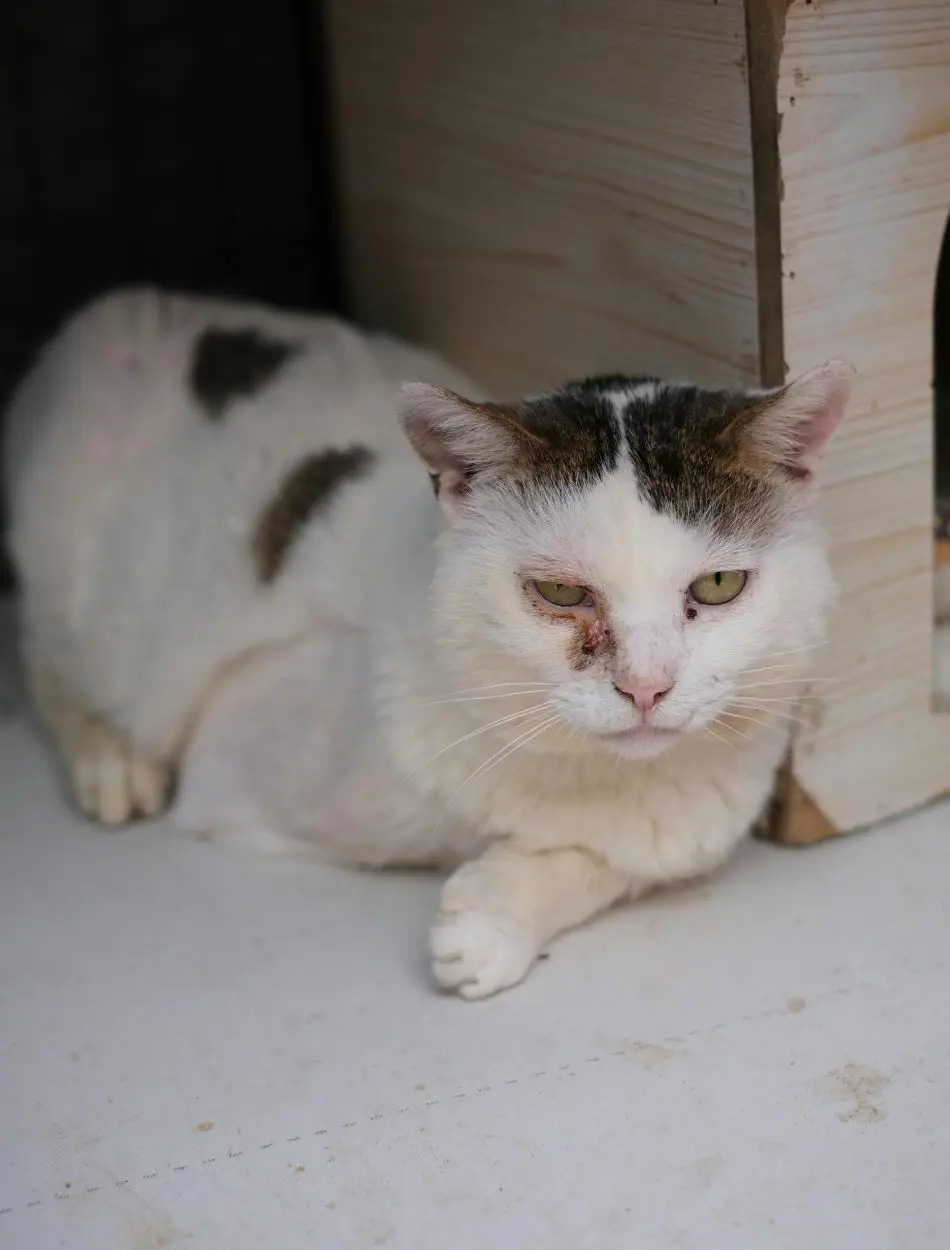
There can be so many forms in which digestive issues can lead to vomiting. Something irritating ingested, be it spoiled food or some foreign object, may serve as an irritant inside. Infections of the digestive tract caused by viruses, bacteria, or parasites can cause inflammation of the area and result in vomiting.
Finally, it is the body's way of trying to rid itself from inside the digestive system of whatever is bothering it. Vomiting disrupts normal feline digestion, causing stomach and intestinal irritation. Irritation sets off the body's defenses with a natural reflex forcing the material up and out of the body, thus vomiting.
16. Gut Obstructions
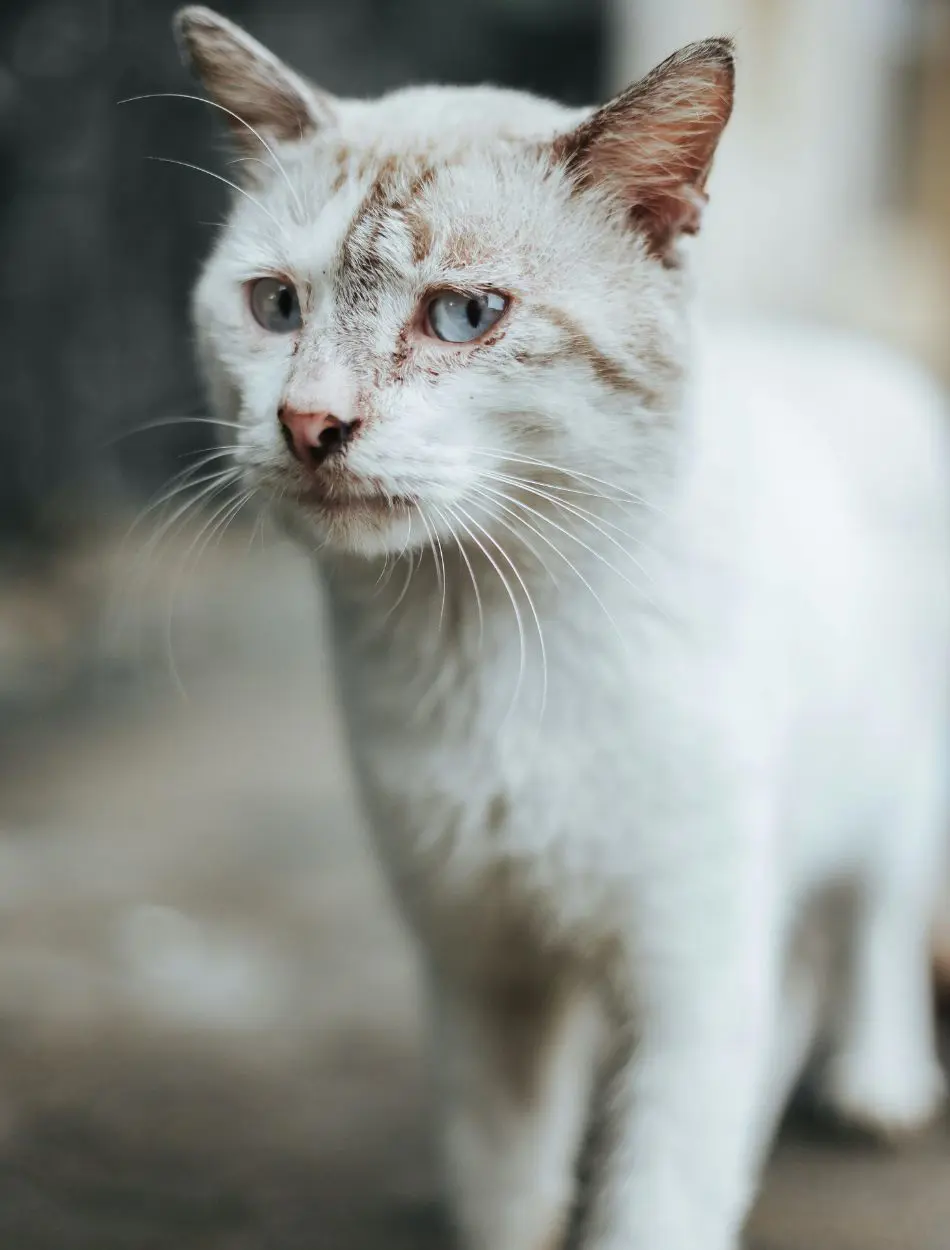
A gut obstruction can be explained as when food and waste cannot pass through the intestines of your feline pet; this leads to serious problems, starting with vomiting and nausea. The blockage will obstruct the normal passage of food and fluid through the digestive system.
This blockage causes an uncomfortable feeling of nausea, and for that, it causes cats to vomit, which is a natural reaction in trying to get rid of themselves from discomfort.
It can traumatize the stomach, inducing a vomiting reflex in attempts by the body to rid itself of the accumulated material. Waste material is unable to pass through the blockage, and thus the cat may or may not be able to pass stool or may pass very small, hard stools, which are supportive signs of gut obstruction.
How To Know If Cats Throwing Out
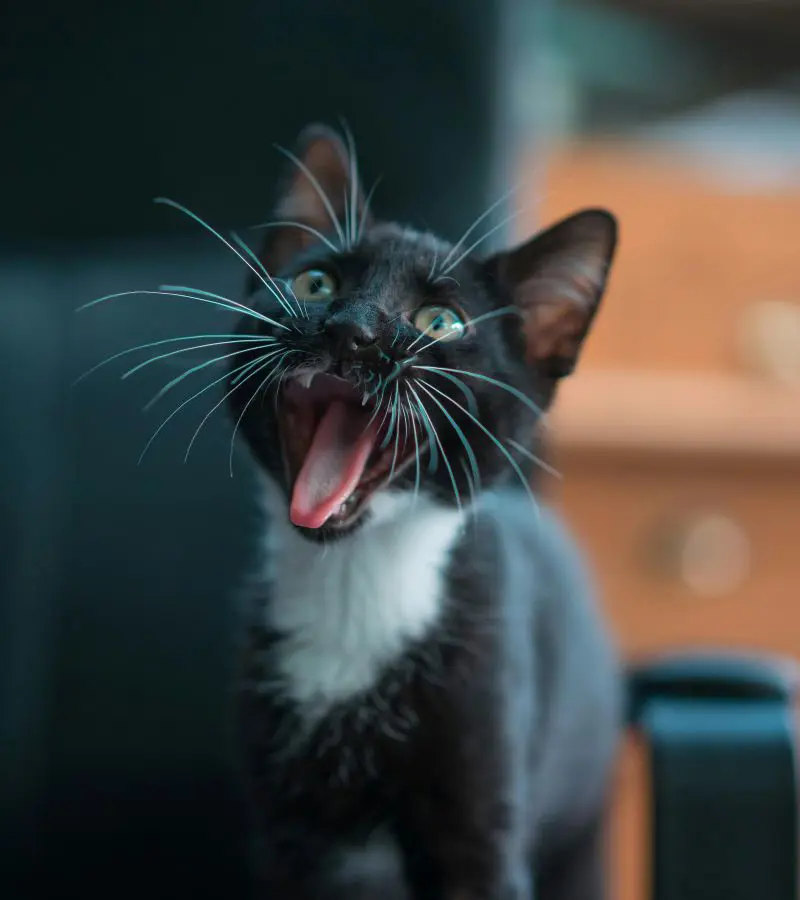
Your cat will feel nauseous before they throw it out. They are feeling restlessness, drooling, or continually swallowing. The beginning of it consists of your cat's abdominal muscles showing intensive contractions.
Coughing - just like vomiting presents itself in the very same manner. They crouch down on all fours and stretch out their necks. After that, they cough up some foam, which they immediately swallow right back.
Showing this to your vet can help them make the difference between vomiting, coughing, and regurgitating so that necessary precautions may be taken in case they are thrown out.
Signs To Look For
Your veterinarian is going to need a thorough history of your cat's health and behavior. Some of the different signs you will want to ask about in your cat before seeing the vet include:
- Lethargy
- Change in appetite
- Weight loss
- Blood in their vomit
- Pain in their abdomen
- Frequency of vomiting
- Access to plants or other foods or substances
- If other cats or animals in your household are affected
Treatment And Prevention
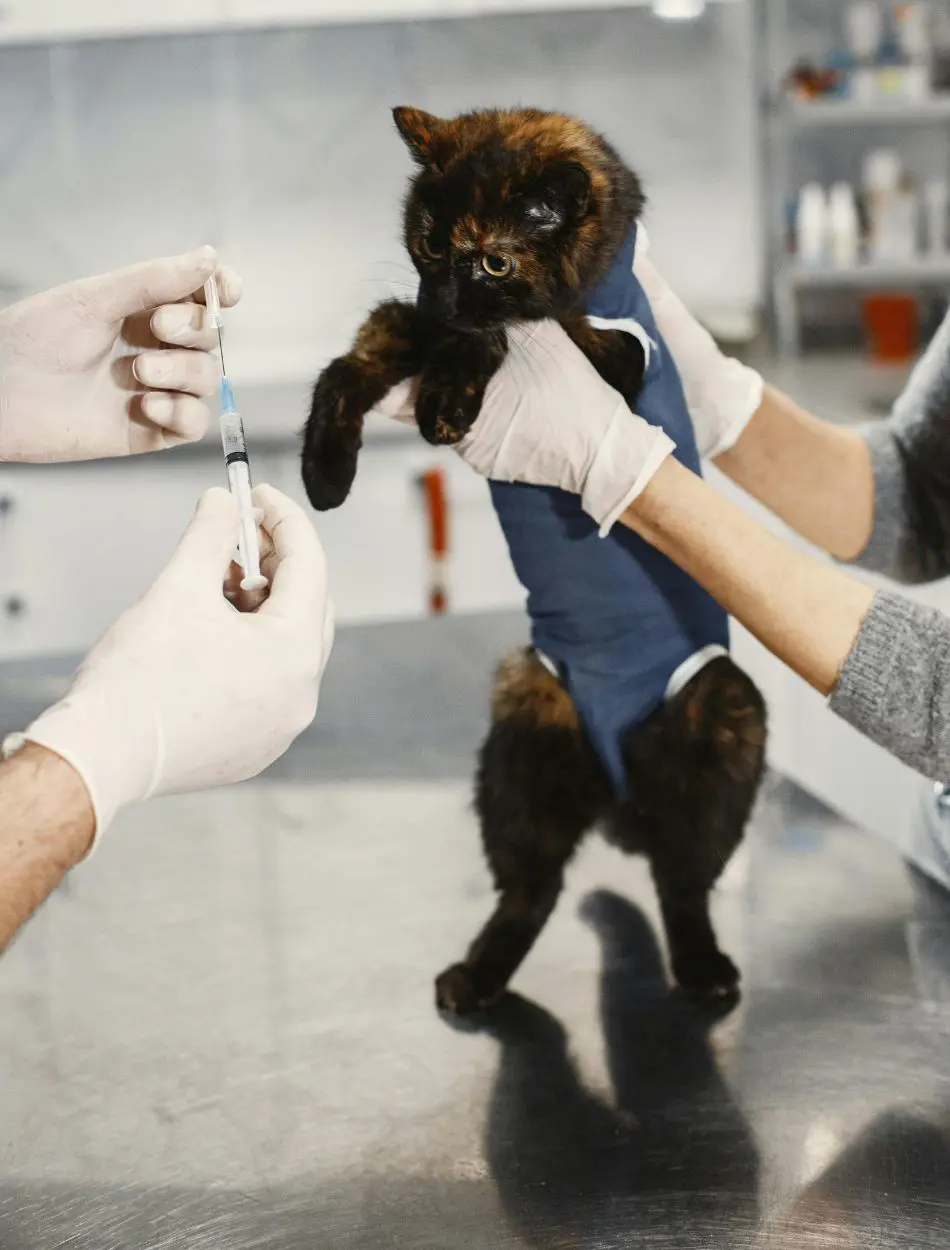
If your cat is vomiting due to hairballs lodged in their throat, try switching their food to one that has a hairball formula in it. It helps prevent the building of hairballs by breaking them down with specific enzymes.
If they vomit due to overfeeding, keep track of the amount of food you give them and adjust the quantity. You can even buy a bowl that requires them to work for their food, thus taking more time.
Secondly, if their vomiting commonly occurs repeatedly throughout the day for several days, they may have some other health problem, diagnosis and treatment of which must be done by a veterinarian.
Prevention
Cats, by nature, are curious animals that often get into things that don't agree with them accidentally. Indoor toxic plants, human medications, yarn, string, chocolate, or small objects should be best kept out of reach by your cat.
They tend to eat or swallow such things, which can develop complications in digestion. Since they frequently vomit, you would want your vet to diagnose the underlying causes. It is best not to delay taking your cat to the vet if you happen to suspect that they are ill.
Recent posts
Cats
How Much to Feed a Kitten: A Complete Chart, Schedule And Caring Guide
As cats are fast-growing, their nutrient requirement can change quickly, sometimes within a few days. Generally, a food schedule consisting of small amounts spread throughout the day is much better than feeding 2-3 large meals. If you are unaware of ...
A Step By Step Guide On How To Give A Cat A Pill
Since cats are regarded for their independence and generally tend to refuse to take medications, giving them a pill can be a tough attempt for many pet owners. This makes the process stressful for both the pet and the owner. This guide is supposed to...
18 Signs A Cat Is Dying
One of the most difficult things to witness as a pet owner is seeing your feline's degrading condition. They are known to hide their pain and discomfort during the end of their lives. It is important to know the signs a cat is dying to offer comfort ...
Cat Poop Color Chart: How To Tell If Your Cat's Poo is Healthy
Monitoring your cat’s poop can offer essential clues about their health. While it appears to be a messy chore, taking note of the color, texture, and consistency of your cat's stool can warn you of underlying health troubles. The cat poop color...
15 Hypoallergenic Cat Breeds
Fur shedding, while a routine part of a cat's hygiene, can be a source of irritation to their owners. Especially in people allergic to protein excreted by cats, this can be a serious problem. Despite pet parents' fascination with perfect hypoallergen...
Blood in Cat Stool: What Does It Mean?
Noticing blood in your cat’s stool is a sight no pet owner wants to bear witness to. While seeing your cat excrete blood is hard enough already, this symptom could indicate something much more devastating. Take a look at some of the issues and ...
